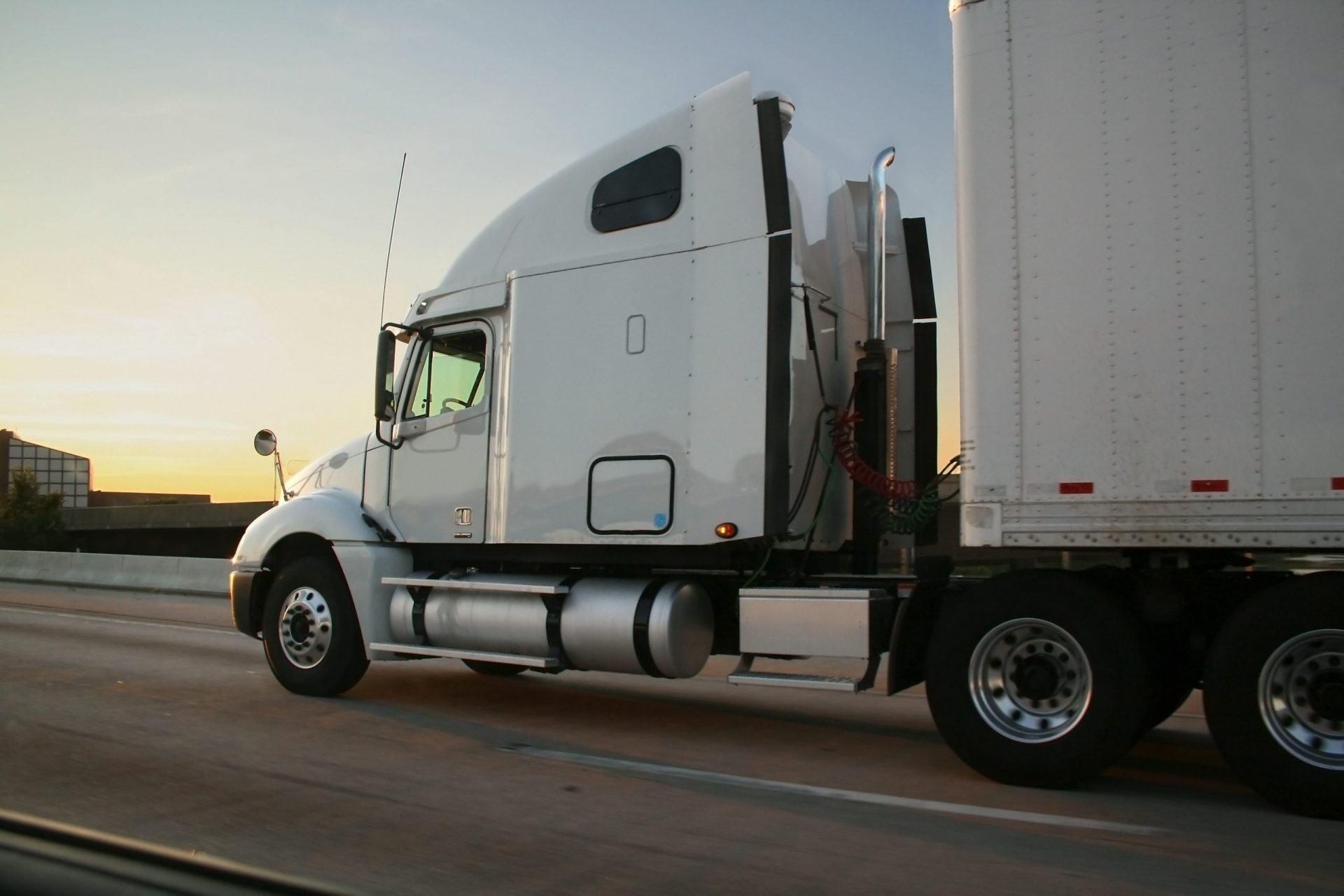
Green hydrogen produced by electrolysis is an environmentally friendly fuel that is of interest for heavy transport. Compared to a battery-powered truck, a fuel cell truck has a higher load capacity and equivalent, or even better, driving range. The only problem is that the fuel cells at the heart of a hydrogen vehicle are far too expensive. Mathieu Picard, a professor in the Department of Mechanical Engineering at the Université de Sherbrooke and director of the Createk innovation group, is therefore looking to replace the fuel cell with a new configuration of a recuperated oil-free engine that can run on hydrogen.
This radically different technology eliminates the oil from the hot section of a conventional piston engine. Instead, it relies on aerodynamic lubrication—using air, which has a low viscosity—to lubricate the piston. The key is to get the piston to operate at very high speeds and with low lateral forces while minimizing the gap between the piston and the casing. To achieve this triple objective, Mathieu Picard and his team have developed a vane piston that can rotate on itself, as well as moving up and down. The concept has been well received by the community of experts in the field and was the subject of an article in a scholarly journal in 2020.
The next step is to design and test a recuperated oil-free hydrogen-powered engine prototype on a research scale. Its efficiency of 60% would be equal to that of a fuel cell, but at one-quarter of the cost. To do this, the researchers will focus their development efforts on the expansion cylinder, which is the critical module of the recuperated oil-free engine. Discussions are underway with industrial partners, including Sherbrooke start-up Exonetik, for the development of a potentially marketable product.
